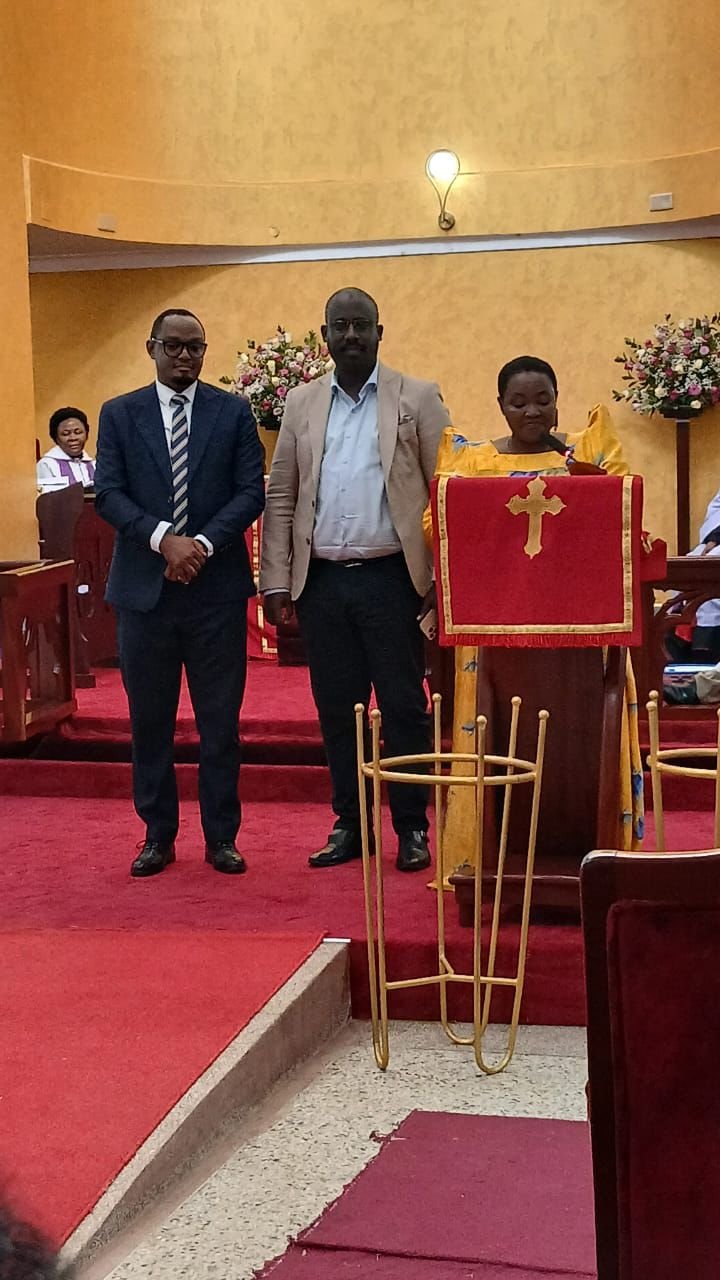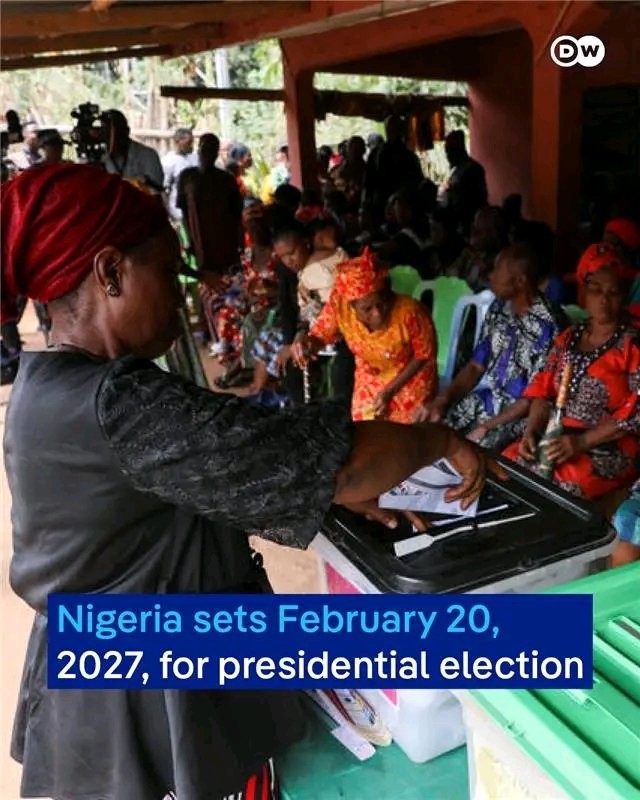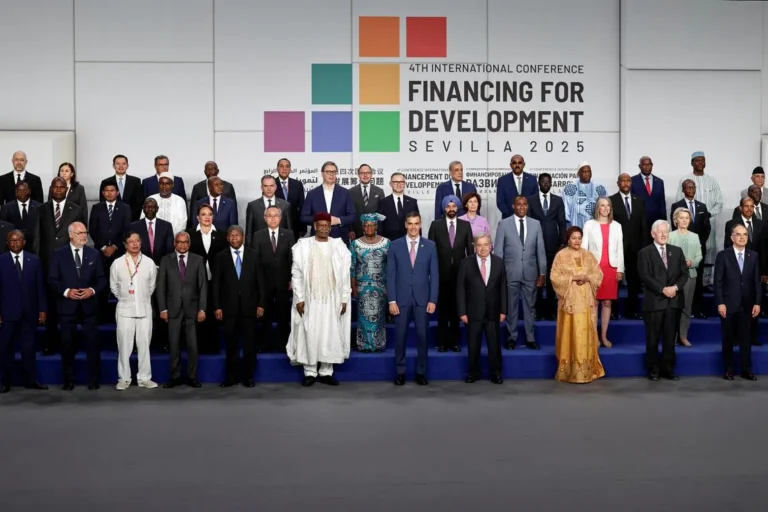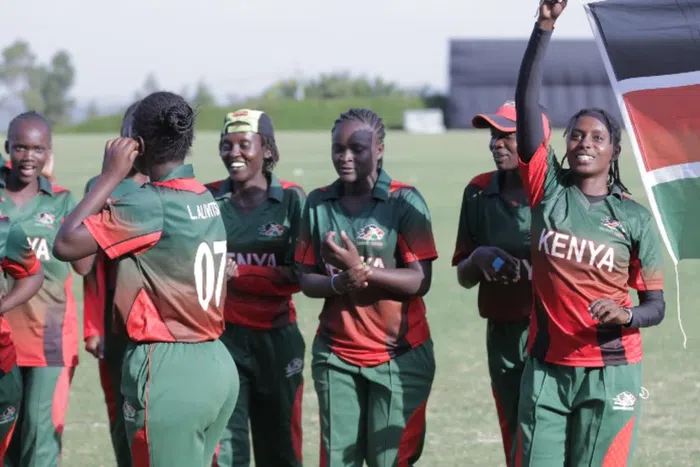
ABUJA, Nigeria – A devastating wave of violence targeting Christian communities in Nigeria has resulted in the deaths of more than 7,000 Christians since the beginning of 2025, according to a recent report. The killings, primarily carried out by Islamist groups including Boko Haram and Fulani militants, are concentrated in the country’s volatile Middle Belt region.
The conflict, which stems from a complex mix of religious, ethnic, and competition over land and resources, has seen a systematic campaign of attacks on Christian villages. These assaults often involve arson, leading to the destruction of hundreds of churches and the displacement of millions of people from their homes.
States such as Benue and Plateau have been epicenters of the violence, experiencing some of the most intense attacks. The scale of the killing has been staggering, with data indicating an average of 32 Christians killed per day in the region.
In response to the escalating security crisis, the administration of President Bola Tinubu has deployed military troops to the affected areas and allocated approximately $2.5 billion to bolster security efforts. Despite these measures, the violence has continued largely unabated.
The international community continues to monitor the situation closely. The U.S. State Department has maintained Nigeria’s designation as a “Country of Particular Concern” for its “systematic, ongoing, and egregious violations of religious freedom,” highlighting the severity of the persecution faced by the Christian population.
The ongoing crisis underscores the profound security and humanitarian challenges facing Africa’s most populous nation, raising urgent questions about the protection of religious minorities and the stability of the region.








